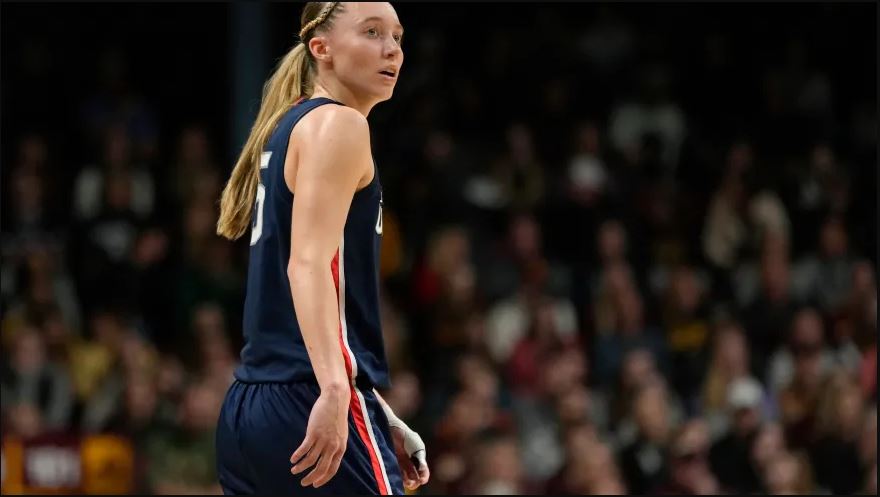TYLER, Texas (KXAN) — On Tuesday, Texas Gov. Greg Abbott signed into law the controversial state elections bill that’s been widely criticized as an attempt to make it more challenging for some Texans to vote.
Senate Bill 1, touted by state Republicans as a way to secure Texas elections, will trigger several changes to elections operations, including bans on 24-hour polling places, increased ID requirements, restrictions on drive-through voting and limiting voting by mail. The bill will also allow partisan poll watchers to observe at polling sites and will also make it a criminal offense for local officials to send voters requests for mail-in ballots.
“What [SB 1] does is it ensures that every eligible voter will have the opportunity to vote,” said Abbott on Tuesday.
While there is no evidence of widespread fraud in recent state elections, preventing fraud was made a priority by the Texas GOP during regular and special legislative sessions. Back in July, House Democrats left the state for Washington, D.C., to prevent the bill’s passage.
Abbott claimed during a Tuesday bill signing in Tyler mail-in ballots are the “easiest way” to cheat and will be even further limited. He did not provide examples. The governor praised the bill for its expansion of voting hours, comparing them to the voting hours in President Joe Biden’s home state of Delaware.
Detractors of SB 1, particularly Democrats, say the law will make it harder for certain Texans to have their votes count — especially communities of color.
Data shows it can be harder for poor, Black and Latino communities to get identification.
Under new state election laws, voters will need to provide driver’s license numbers or Social Security numbers on the ballots. Whichever numbers are provided to poll workers must match the information indicated on a person’s voting record.
The American Civil Liberties Union explains reasons for difficulties obtaining ID include the number of fees necessary to get documents needed for an ID to be issued in addition to lack of transportation. Additionally, poorer and minority communities are more likely to have fewer convenient polling places and are more likely to face possibly intimidating questioning about their IDs once they’re there.
The ACLU is one of several organizations already suing the state over SB 1. At least four federal lawsuits were filed as of Tuesday and at least one state lawsuit.
The League of United American Citizens (LULAC) announced Tuesday morning along with a group of other civil rights organizations, it filed a federal lawsuit against the bill “rigged to deny our communities whose numbers are growing” of votes.
LULAC president Domingo Garcia said called the legislation “lipstick on a pig,” refuting Republicans’ notion that the law makes it “easier to vote and harder to cheat.”
“This is not about election integrity or voter integrity. This is about rigging it so you can keep power. It’s about making sure that people that are Black and brown don’t vote.,” Garcia said. “They’ve done it for 30 years, nothing different here. It’s just a new set of characters.”
Garcia said he is hopeful about his group’s litigation efforts, citing past successes when challenging past voting restrictions that required poll taxes or literacy tests, as part of Jim Crow laws.
On Tuesday, Abbott added those types of challenges to SB 1 are expected.
“I’d be astonished if a law like this were not challenged in court,” Abbott said on Tuesday. “We’ve seen it happen whenever laws like this are passed. The first thing the Democrats do is they run to the courthouse and try to challenge it. I feel extremely confident that when this law makes it through the litigation phase, it will be upheld in a court of law.”
